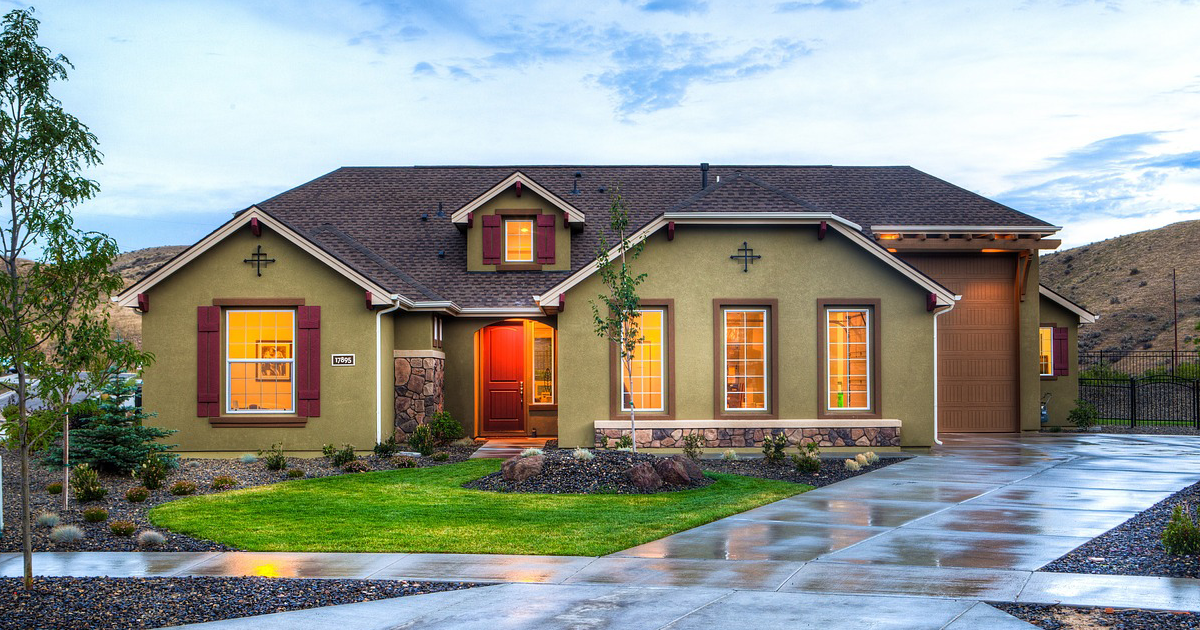
You may feel the urge to buy a house, but is it the right decision?
There can be advantages and disadvantages to homeownership, but when it comes to such large financial transactions, the best thing you can do is take the emotion out of your decision. Consider the way investors often get worked up about volatility in the stock market and make the wrong calls because of emotion. You don’t want to make that mistake with homeownership and end up with a house you can’t afford.
Keeping up
Unfortunately, a “keeping up with the Joneses” factor can affect homeownership decisions. Say renting a house was the best thing for your family financially. Would you be comfortable with that choice if you were the only one in the neighborhood who didn’t own his or her property? Many people might say no because American culture places a high social value on homeownership, and they might feel pressure to keep up with their peers.
But what if you bought the house and then had to move for a job? You’d have to sell the house, probably pay a commission to a real estate agent and possibly get rid of new items for your home that won’t work in the next place. At that point, it wouldn’t matter at all what the neighbors thought. You would be much more concerned with the mounting costs of moving and selling your home.
Renting might be the better option for you. Despite what you may often hear, paying monthly rent on a lease is not wasting money, especially when your career or living arrangements are uncertain. Whether you just got a new job, your company is undergoing major changes, you are thinking about having kids or you have other family obligations, renting could be a better fit until your situation is more permanent. Renting can be the best financial decision for people who aren’t planning to stay in one place for at least five years.
Focus on your finances
But if you are considering buying a home, rather than focusing on the emotional aspects of the decision, you should look at key financial indicators to determine whether you can truly afford it. Will you be able to get a good mortgage rate based on your finances? In particular, you’ll need to make sure you have cleaned up your credit score and paid down debt.
Although people in many different financial circumstances do purchase homes, to be on the safe side, it’s smart to use conservative benchmarks when determining whether you can afford to buy a home. For example, if your credit score is below 700, buying a home may not be in your best interest because you won’t get the best terms and conditions on your mortgage. This means you may have to put down more money upfront or end up paying more in the long run because of higher rates. Instead, look at why you have a low credit score and work on building that score to at least 720 before a home purchase.
Similarly, if you have more than $10,000 in credit card debt or you are leasing a car because you couldn’t purchase it outright, you may have too many possessions you can’t afford. In these cases, adding on a large amount of debt to buy a home probably isn’t in your best interest.
However, if you are planning on buying a home, the best approach is to have 20% of the home purchase amount saved in liquid assets outside of your retirement accounts. You don’t necessarily need to put 20% down as a down payment, but you want to have enough saved up as financial padding in case something goes wrong. This money should be in addition to your retirement savings and held in taxable accounts.
These are simply general rules, and they will vary for some homebuyers. But to have the best chances for overall financial success, remember that home purchases are large financial commitments and should be evaluated based on the facts, not emotions.
Happiness starts at home
Going into homeownership with poor credit, too much debt or not enough savings could mean trouble down the line. If your budget is razor-thin and unexpected expenses or issues come up, your finances will quickly become strained. If you wait until they are squared away, your financial security won’t be in jeopardy. Like having children or getting married, you must want a long-term commitment when buying a home. Rentals can be left behind, but walking away from a house could land you in trouble.
And just because happiness starts in the home, that doesn’t necessarily mean you need to buy one. Your best bet is to make sound financial decisions without letting your emotions get the best of you.
The article Take the Emotion out of Buying a Home originally appeared on NerdWallet.





